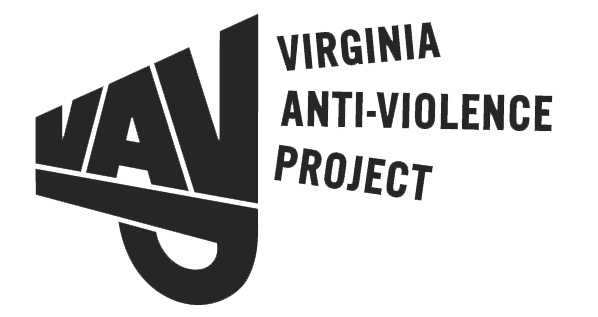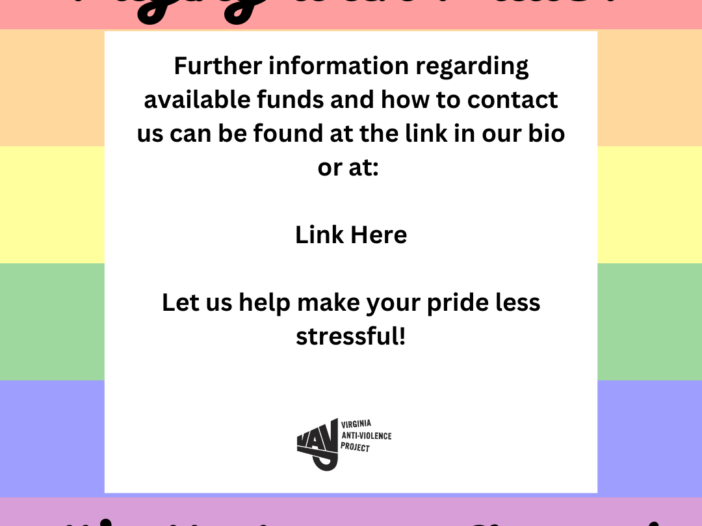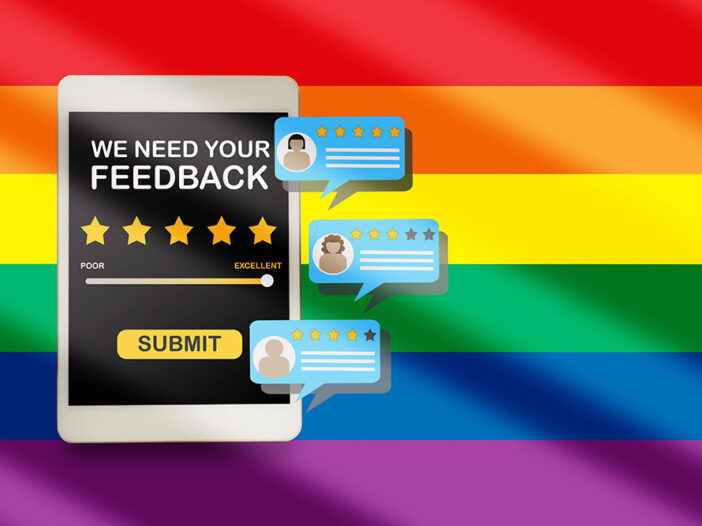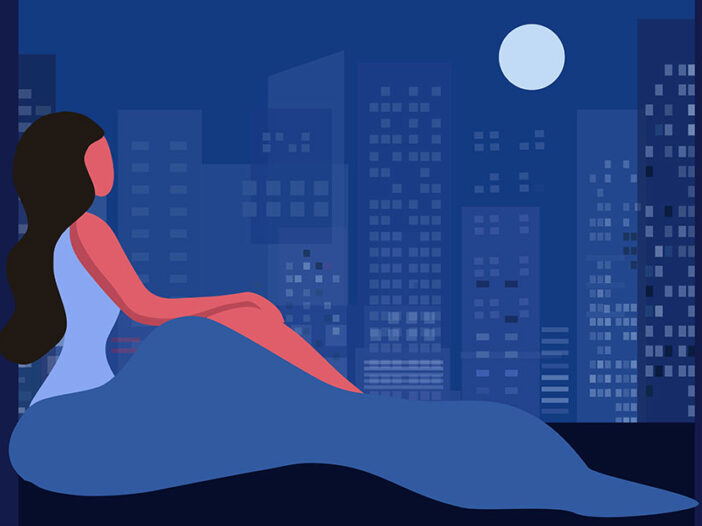Paying with Pride 2023 Has Ended.
It’s that time again for Paying with Pride! VAVP has $11,000 available for hotel stays and emergency shelter for 11 Transgender and/or Nonbinary identified survivors of violence and their children who have recently experienced domestic violence.
That equates to approximately 10 nights of a hotel or shelter stay. VAVP would also like to support 4 Transgender and/or Nonbinary identified survivors of violence and their children who have recently experienced domestic violence with up to $1000 in Emergency Financial Assistance which can include basic need items, food, hygiene items, and rental support.
Please contact vavpadvocacyandservices@virginiaavp.org for more information






